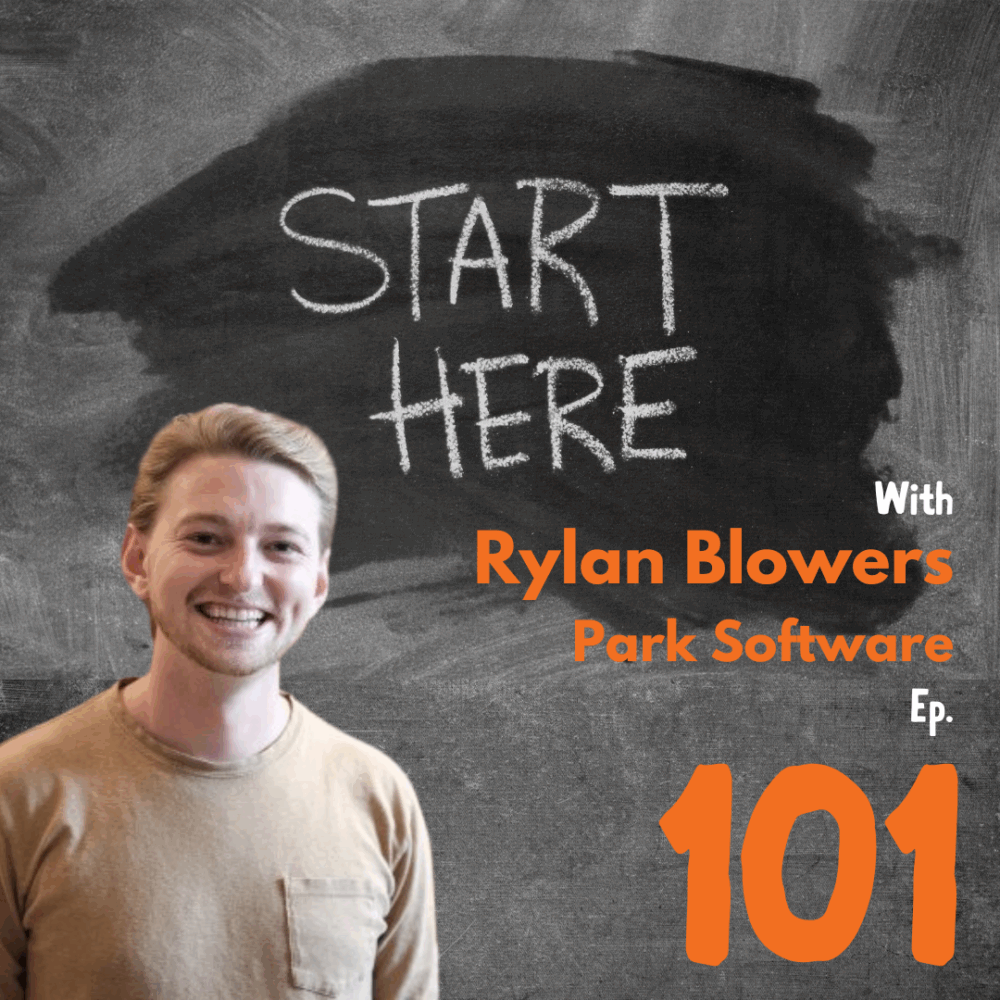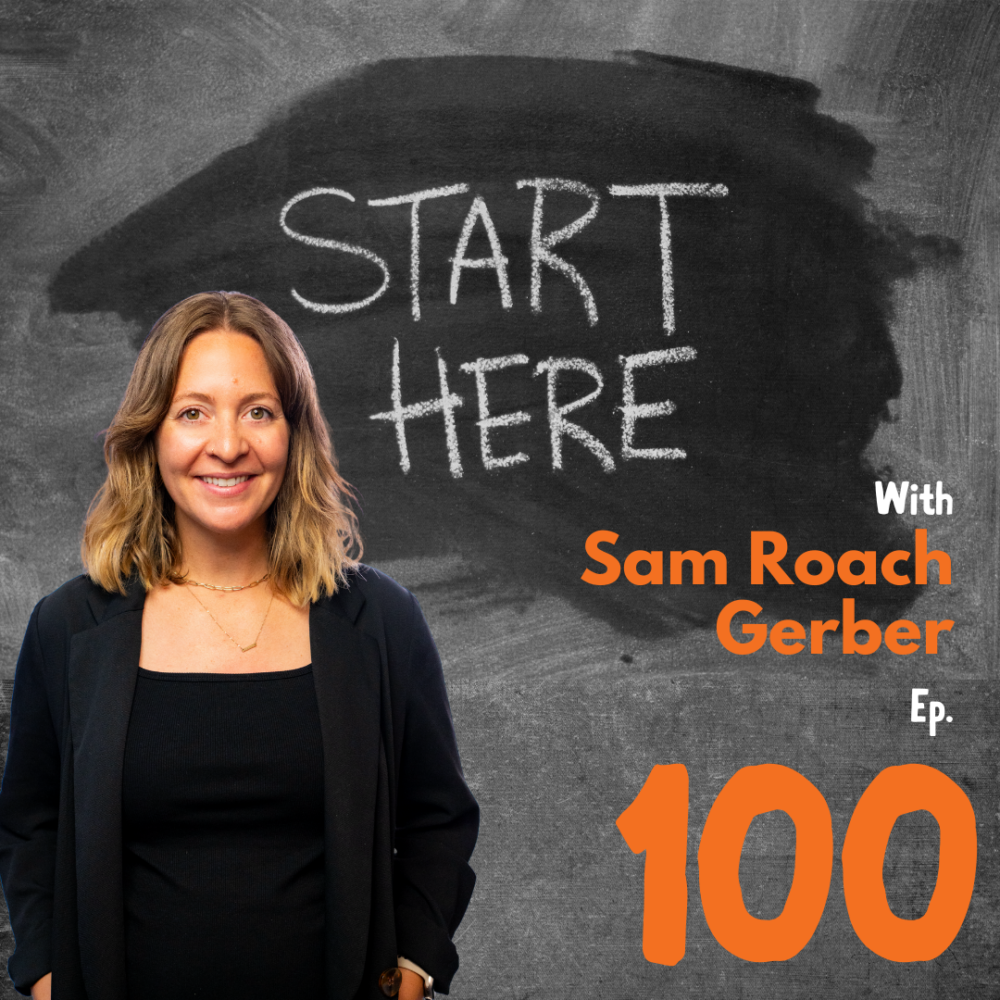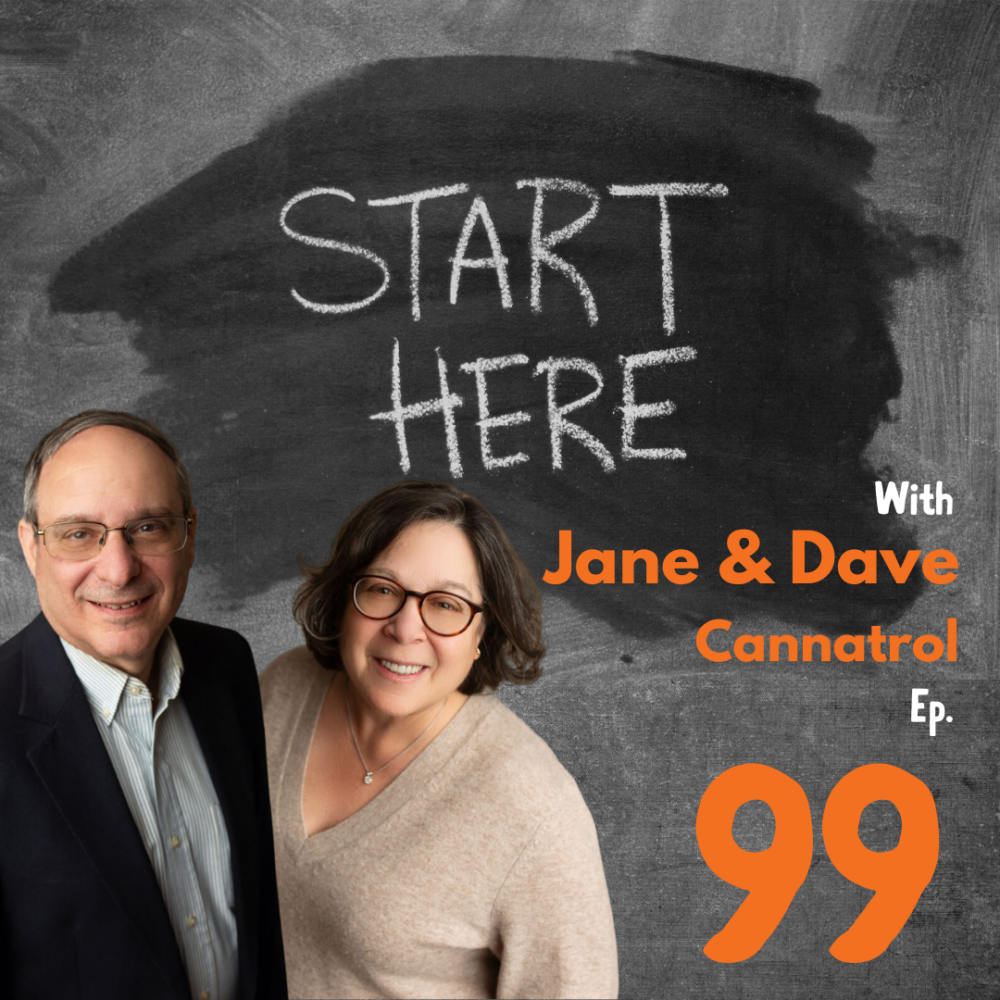Ashley Farland / DandyLion Designs
Start Here Podcast | Episode #90 | 05/09/24
Who knew being a chef in New York City would inspire Ashley to start a luxury home goods business? Founder of DandyLion Designs, Ashley Farland, joins us to share her captivating journey into the realm of luxury goods, but with a unique twist – her creations are crafted from deadstock materials. With a commitment to premium materials and sustainability, DandyLion Designs is taking luxury to the next level. Did we mention it’s a fraction of the price?
Are you interested in learning more about Vermont’s entrepreneurial success? Make sure you check out our Instagram and LinkedIn, or simply get the scoop from our newsletter!



